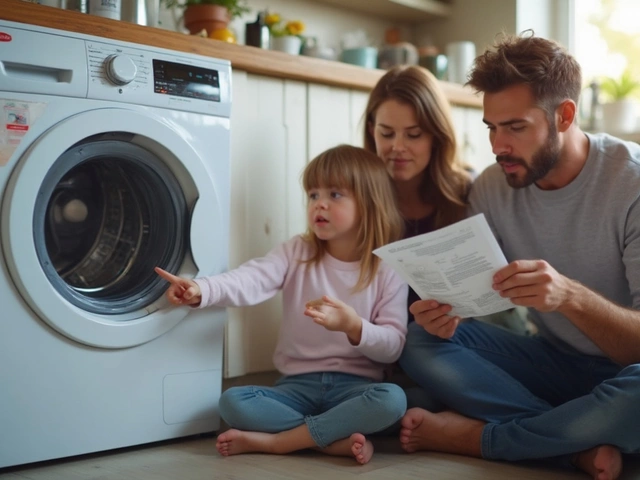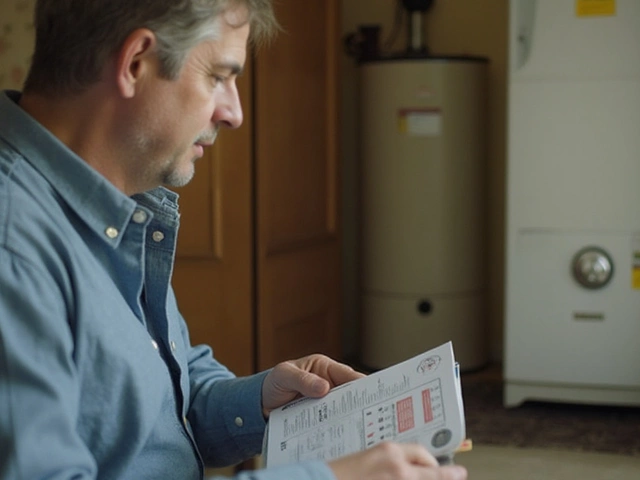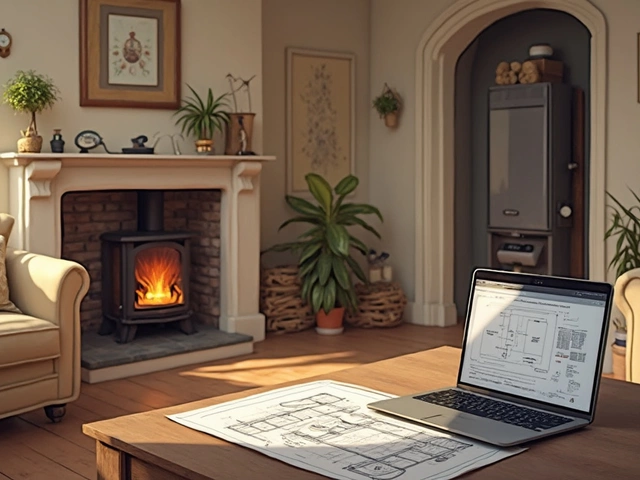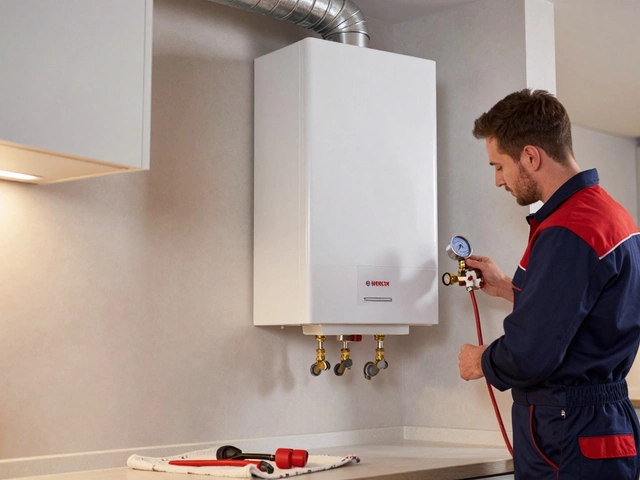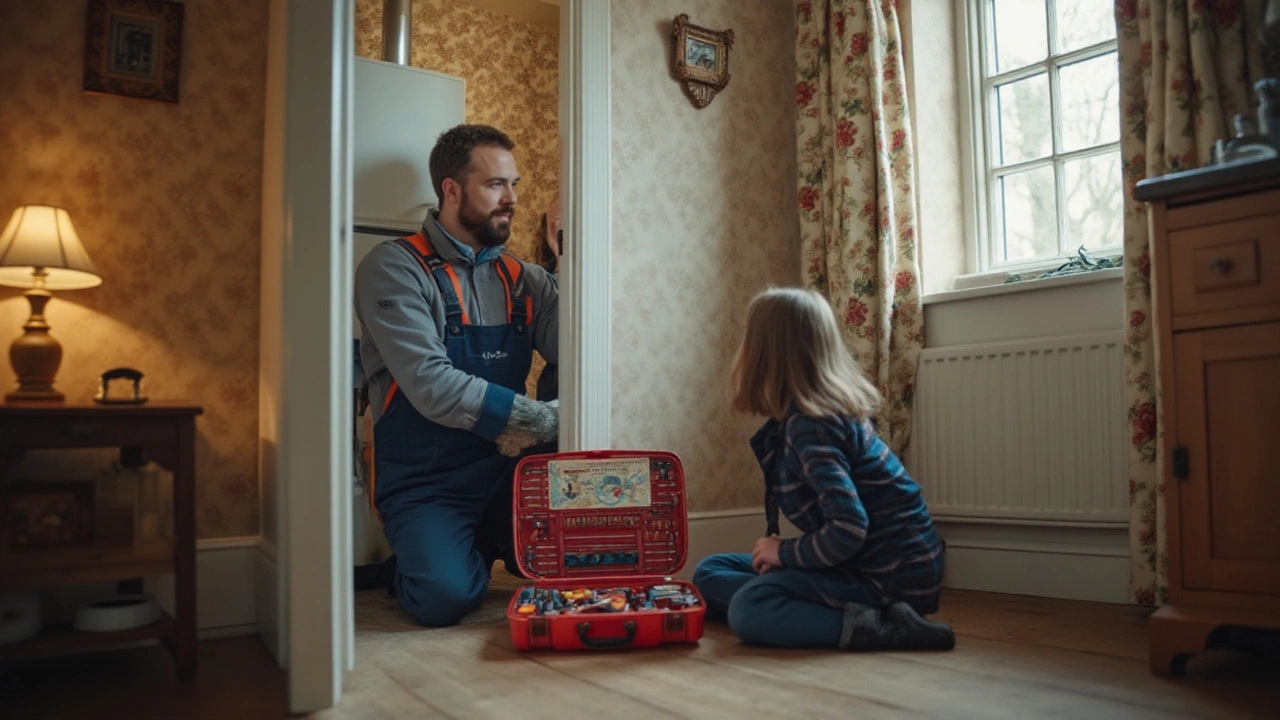Heating Services: What You Need to Know to Stay Warm
Feeling the chill? You’re not alone. Whether it’s a stubborn boiler, a heat pump that won’t blow warm air, or a water heater that’s only giving cold water, most homeowners run into heating hiccups. The good news? Most problems have quick fixes or easy signs that tell you when to call a pro. Below we break down the most common heating issues and what you can do right now.
Boiler Basics – Spot the Warning Signs
Boilers are the heart of central heating, but they don’t run forever. Look out for strange noises, a drop in water pressure, or a thermostat that never reaches the set temperature. If you notice any of these, turn off the system and call a qualified technician. Ignoring the signs can lead to a complete breakdown, leaving you without heat and hot water – not a situation anyone wants in winter.
When a boiler does fail, you might wonder how long you can survive without it. In most homes, you’ll have a few hours of residual heat, but the real issue is the loss of hot water. Keep a kettle on a stove or a portable electric heater handy for emergencies, but schedule a repair ASAP. Regular maintenance, like an annual service, can add years to your boiler’s life and keep those costly replacements at bay.
Heat Pumps, Water Heaters & Extractor Fans – Quick Fixes
Heat pumps are efficient, but they can be finicky. If yours is running without producing warm air, check the filter and outdoor unit for debris. A blocked fan or dirty coil often causes the problem. Cleaning these parts yourself can restore heat in minutes. If the issue persists, it might be a refrigerant leak – that’s a job for a certified technician.
Water heaters are another common pain point. Cold showers usually stem from a broken thermostat, a failed heating element, or sediment build‑up inside the tank. Flushing the tank once a year removes sediment and improves efficiency. For electric heaters, a quick visual check of the element for cracks can save you a callout. Gas heaters require checking the pilot light and gas supply before assuming something bigger is wrong.
Extractor fans don’t heat, but they’re part of the overall comfort system. A noisy or weak fan can cause excess humidity, leading to mold and a feeling of damp cold. Most fans can be cleaned by removing the grille and vacuuming the blades. If the motor hums but doesn’t spin, a simple capacitor swap often fixes it. When in doubt, a professional can test the wiring and replace the motor safely.
In short, staying warm isn’t just about turning the dial. Regular checks, a bit of DIY cleaning, and knowing the tell‑tale signs of trouble can keep your heating running smoothly. When you spot a problem that feels beyond your skill set, call a trusted local service. They’ll diagnose, repair, and get your home cozy again without breaking the bank.
